Solar Water Desalination
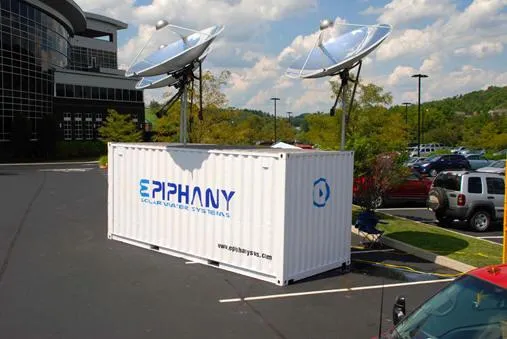
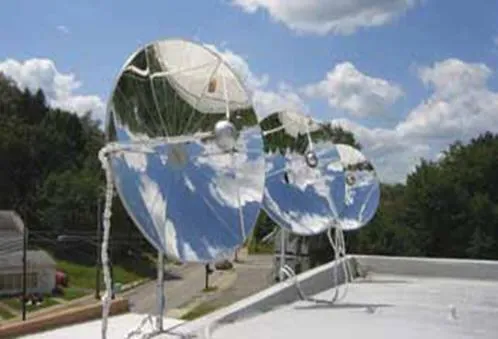
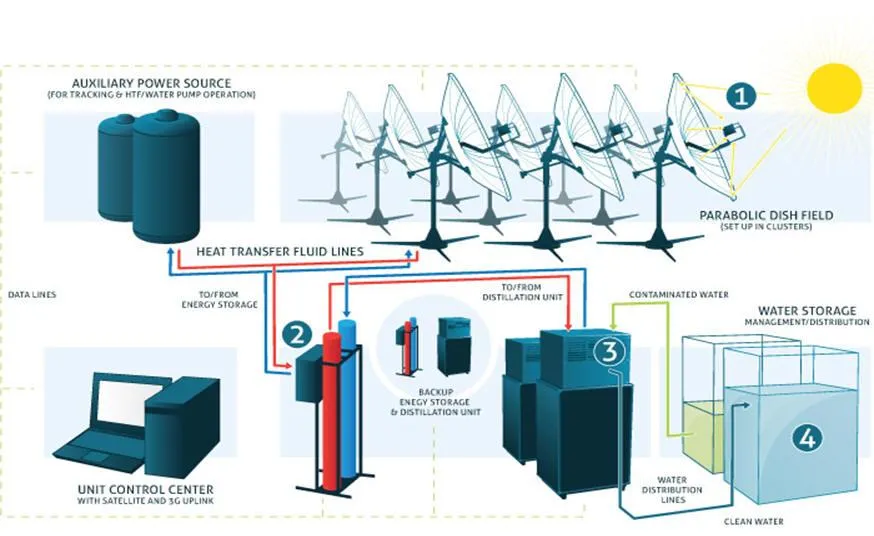
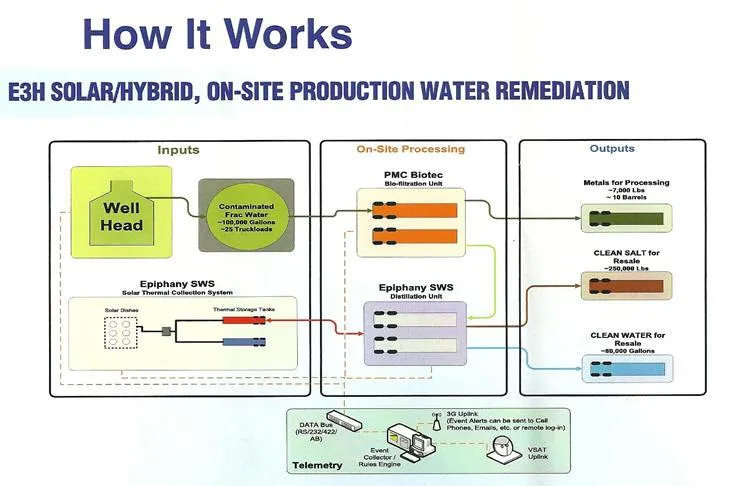
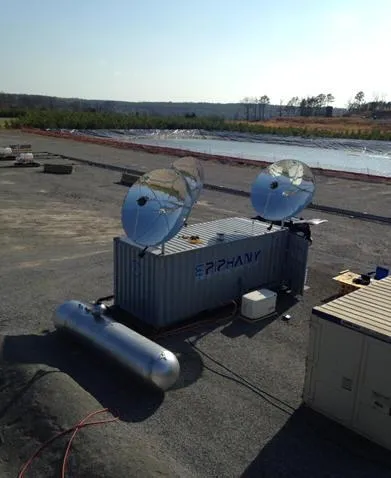
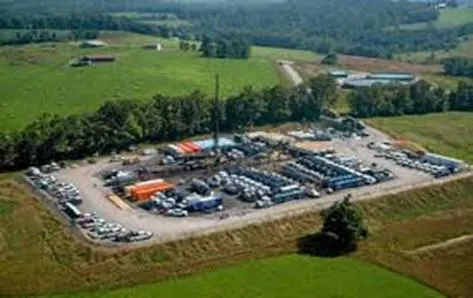
Applications for Solar Water Desalination
Produced Water Treatment: Produced water is a term used in the oil & gas industry to describe water that is produced when oil and gas are extracted from the ground. Oil and gas reservoirs have a natural water layer (formation water) that lies under the hydrocarbons. Oil reservoirs frequently contain large volumes of water, while gas reservoirs tend to have smaller quantities. To achieve maximum oil recovery additional water is often injected into the reservoirs to help force the oil to the surface. Both the formation water and the injected water are eventually produced along with the oil and therefore as the field becomes depleted the produced water content of the oil increases. Electrocoagulation is used as an extremely cost effective and scalable treatment for the reuse of produced waste water.
Frac Water Treatment: Frac Flowback Water Treatment is a treatment that uses gel also known as a proppant. A proppant is a solid material, typically treated sand or man-made ceramic materials, designed to keep an induced hydraulic fracture open, during or following a fracturing treatment. It is added to a fracking fluid which may vary in composition depending on the type of fracturing used, and can be gel, foam or slickwater-based. Electrocoagulation has been used as a successful treatment of fracking gels and should be considered in any water treatment management of hydraulic fracturing.
Ground Water Cleanup: Electrocoagulation is extremely effective in the removal of naturally occurring salts in well water, as well as the separation of iron, magnesium, calcium, metals, nitrates and sulfur. EC is also well suited for the reclamation of ground water that has been contaminated with heavy metals, high molecular weight hydrocarbons and haliginated hydrocarbons.
Surface Water Cleanup: Electrocoagulation is used to remove bacteria, viruses and cysts from surface water, thereby rendering contaminated waste streams into potable water. EC is particularly effective in the removal of life threatening contaminants such as giardia and crypotosporidium.
Features
No Cap-EX required
Decreased road damage and liability
20' shipping container can be added or removed to match capacity requirements
Low per-barrel process fee
On-site solution reduces truck transport
Environmentally friendly and cost effective
Efficient and continuous operation ensured
Water, salt and metals converted into recoverable assets, reducing industrial waste
Textile and Dye
Key Applications
Frac produce and flowback
Process rinse and wash water
Potable water
Water reuse resulting in zero discharge
Metal recovery
Influent quality water control
Benefits
Operating cost significantly less than alternative technologies
Low power requirements
No chemical additions
Low maintenance
Minimal operator attention
Handles a wide variation in the waste stream
Consistent and reliable results
Sludge minimization
Treats multiple contaminants
© 2015 Athena Global Energy Solutions







